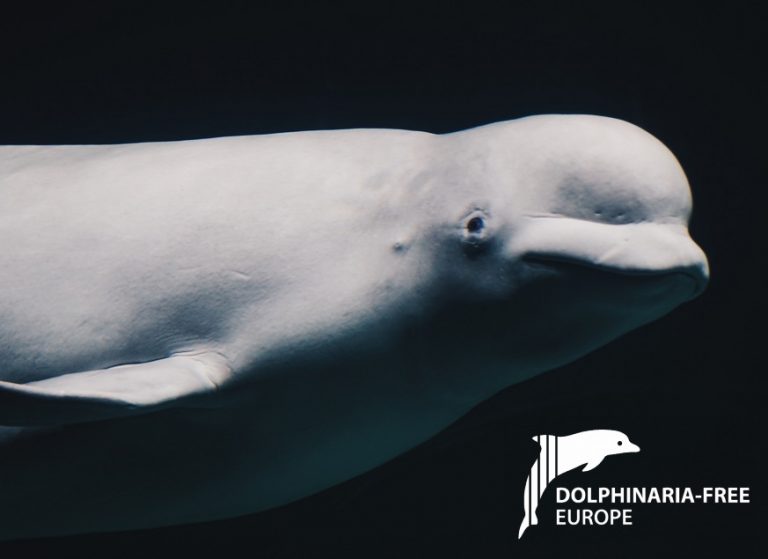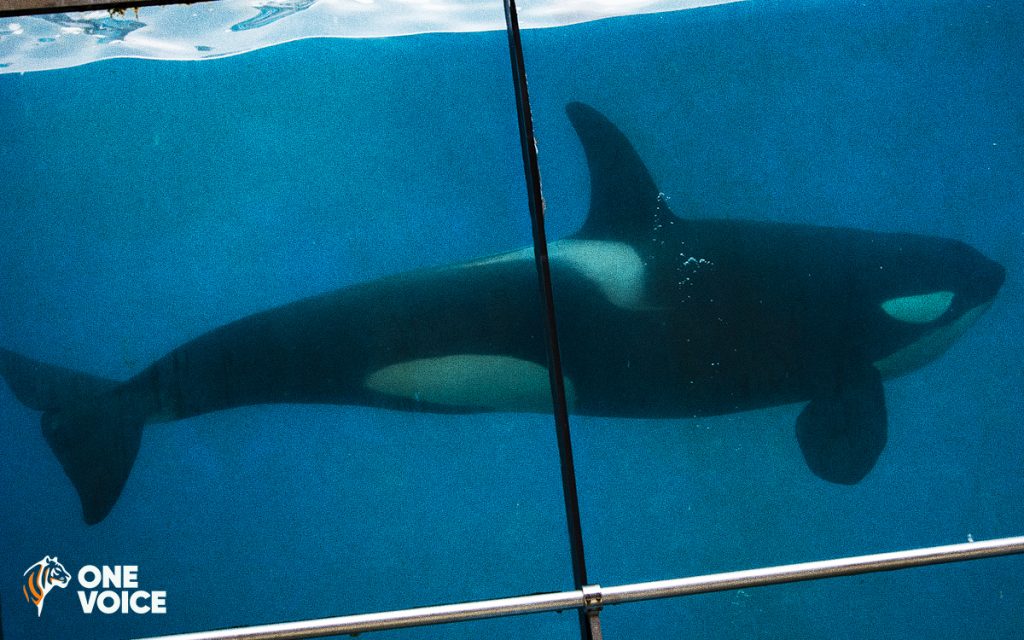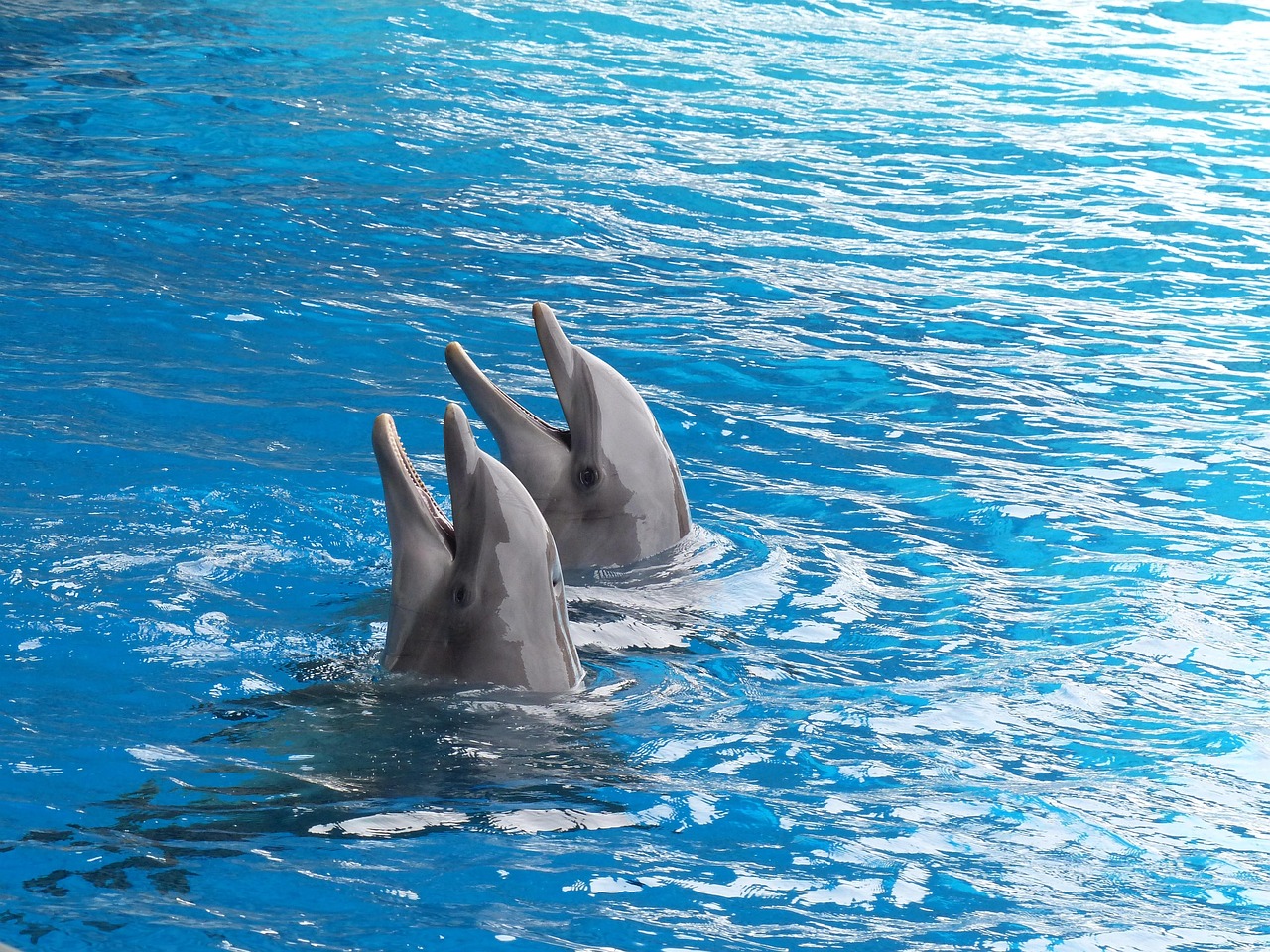When this transfer was first rumoured in July this year, Dolphinaria-Free Europe wrote a letter outlining our concerns to the CITES authorities in Spain and Canada, also the European Commission. This was supported by over 20 international NGOs and scientists. We stressed how it is increasingly well documented in the scientific literature that whales and dolphins held in captivity suffer significant and numerous health and welfare problems as a result of their confinement. We also highlighted issues relating to aggression and stress-related illnesses.
A response received from the European Commission stated that there was no obligation for Member States to submit such import applications to the Commission for scrutiny. They went on to comment that the 2003 decision to which we referred concerned a different species of cetacean (not belugas) and did not result in an EU-wide opinion whereby future applications would have to be considered by the Commission.
Canadian Fisheries Minister, Jonathan Wilkinson, who authorised the permits despite Bill S-203 having recently been passed and laws put in place in Canada on the import/export of cetaceans, justified his decision to lift the ban in this instance due to the fact that Marineland belugas are very overcrowded and that the Spanish facility is better equipped to look after the two belugas in question. However, as the tank at L’Oceanogràfic already holds 3 belugas, one of which shows signs of extreme stereotypical behaviour, adding Marineland’ s two belugas will simply escalate any welfare issues, therefore we feel this argument is hardly justified.
DFE will continue to challenge this decision as these whales should not be allowed to be transferred into Europe.
Image: Mendar Bouchali



